Student pursues legal angle to get the right to play volleyball
In a case that touches on discrimination and human rights violations, lawyer John Kennedy says that the B.C. School Sports Association’s regulations need to be addressed.
Kennedy is representing Myles Christman and his family in their appeal against the organization for refusing to allow the 16-year-old to play league volleyball.
“There are various aspects to their decision which are, in my opinion, really quite bizarre,” said Kennedy. “They said that if he were to drive on a daily basis to Stanley Humphries school in Castlegar they, B.C. School Sports, would consider him to be eligible to play because it’s the next closest school. Why drive rather than go live with a family in that area? They said, that’s just the way it is.”
Living in Christina Lake, Christman normally would attend the Grand Forks Senior Secondary School, but the school, and indeed the district, does not offer high level volleyball. So this year he moved in with another player on the team at Mount Sentinel High School in South Slocan, located in the West Kootenays, and registered at the school anticipating that he would be allowed to play as his brother did three years ago.
But when the coach of the team applied for what he expected to be a routine approval for Myles to join their team, B.C. School Sports (BCSS) denied the request claiming that there were no unusual circumstances to warrant the player’s move. Stanley Humphries school is only 20 kilometres closer than South Slocan and decided in September that they would have a volleyball program, so they did not have a program at the end of last school year when Christman made his decision.
The B.C. School Sports regulation, created to prevent team stacking by coaches in areas where schools were located close to each other like in the Lower Mainland, prevents new students from playing competitively for one year after a move. The rule has allowances for special situations which are approved on a case by case basis.
Kennedy said it took the association all of an hour to deny Christman’s application.
“The rules specifically state that the primary consideration for BC School Sports is to prevent unfair, inequitable competition,” Kennedy added. “In fact it says when a child doesn’t have a team at his home school, which Myles doesn’t, they shall allow him to play. I just want a reason and they cannot provide one. They just clam up.”
The Boundary region’s board of trustees took on the issue which they agree amounts to discrimination against rural students. They wrote a letter for Kennedy to use in the case, but are also taking the issue to a higher level.
“The Board is very dismayed and disappointed at the ruling BC School Sports has made in the case of Myles Christman. We see this decision as discriminatory towards students from small rural school districts. It is an unfortunate reality of our small school district that our student numbers are such that we are not able to field a team in a number of sports, and, even those that we do, the team is usually small in number,” said district chair Teresa Rezansoff in her letter to the B.C. School Sports.
“It is very unfair that the opportunity to play volleyball is being denied to this young man, based on a rule that seems to be more applicable to larger, more urban school districts, with many secondary schools either within the school district or in close proximity to neighbouring school districts.”
After losing the chance to participate in season play for high school volleyball this year, Myles Christman has since returned home to Christina Lake. But he and his family have not slowed down on their efforts to hold B.C. School Sports accountable for why he was ruled ineligible to play.
Kennedy has tried to get resolution to the problem through BCSS, the Ministry of Education and even suggested a dispute resolution process with SportBC, all of which were dead ends.
“Part of the reason we’re pursuing this so hard is, part of it is for Myles, and part of it is for other kids,” Kennedy commented. “We want to see what we can do about this [regulation]. One of the [human rights areas] we’re looking at deals discrimination based on place of origin. So I am going to talk to my client about whether they’re going to want to file saying look, this is the place of origin in this particular case where the discrimination arises against rural kids and file a complaint on that basis.”
BCSS will hear Christman’s appeal on Dec. 3, but he’s lost yet another year of volleyball as a victim of bureaucracy.
B.C. School Sports could not be reached at the time of press. Watch for updates to this story as it unfolds.
With files from Bruce Fuhr, Nelson Daily


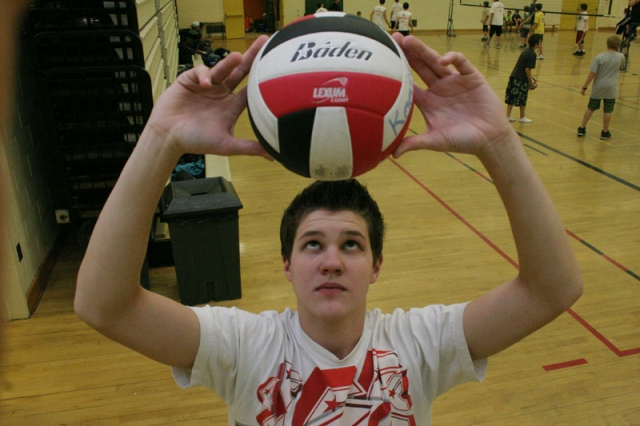
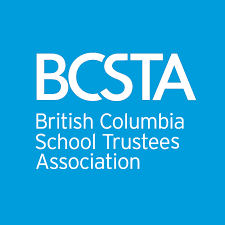

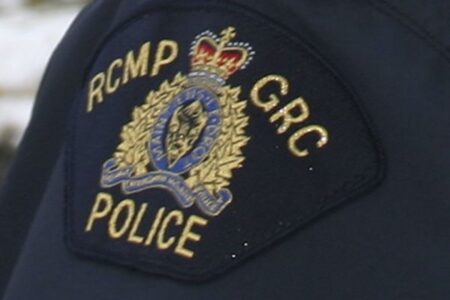










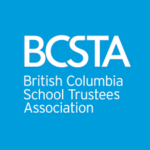





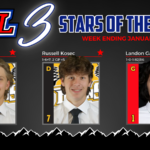


Comments